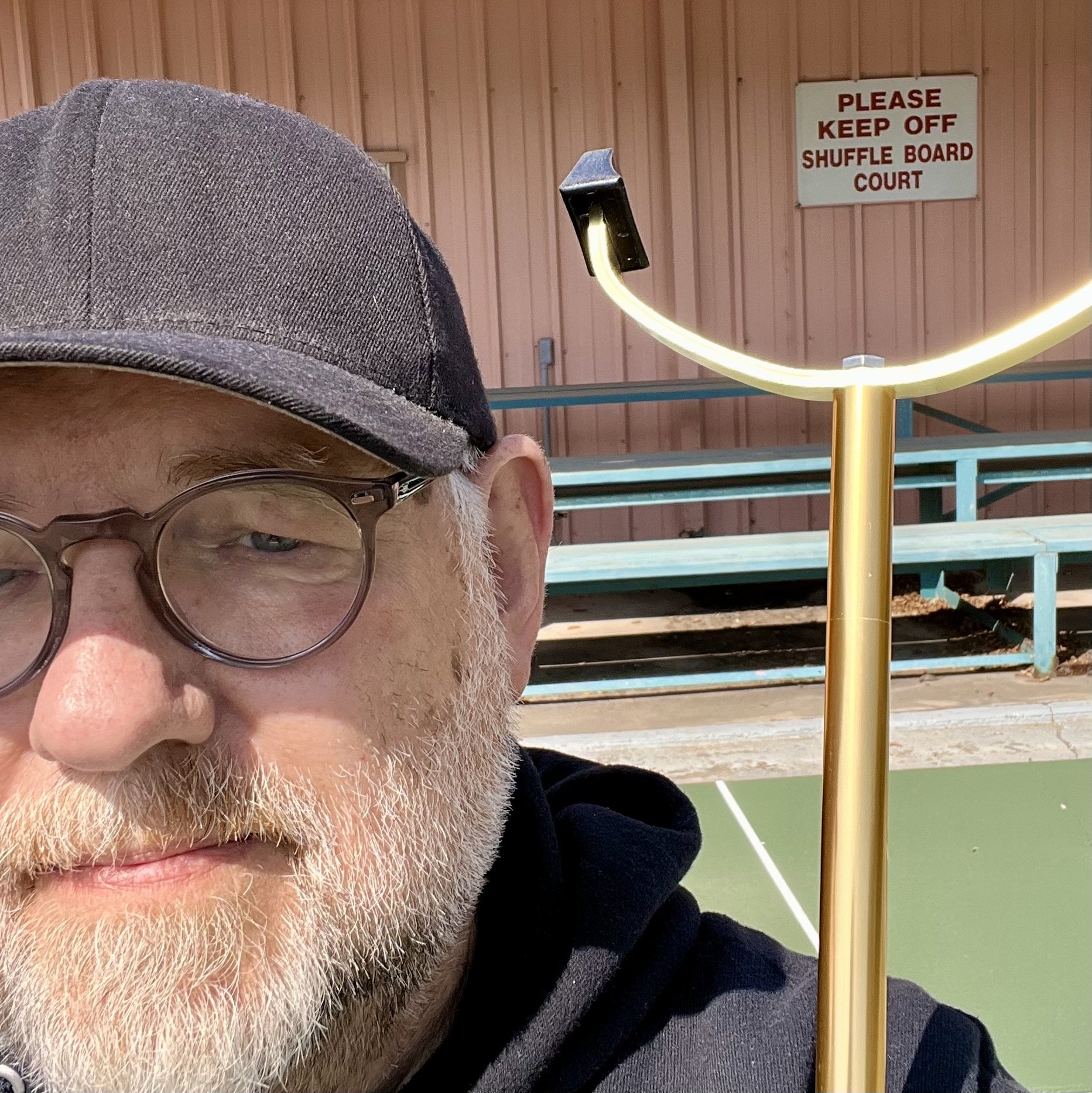JUST A SUGGESTION
/SOMETIMES IT JUST DEPENDS on how you look at it. Or, [cue The Twilight Zone theme song] how you're told to look at it.
My Dad grew up in Louisiana. When we would travel there to visit grandparents, aunts, uncles, cousins and those not related by blood but by some deep southern root, we were given the talk as we approached our destination. "Now remember boys, here in the south people say, "Yes Sir and Yes Ma'am to their elders." It actually came out more as "yessir and yes-mmm". Also, we were told to expect different foods on the table than we were accustomed to, and we were to try every food that was on our plate.
There was always a big bowl of what I knew as Lima Beans, and I also knew for a fact that there was nothing I liked about them. "Here, David Lee, have yourself a heaping helping of Butter Beans." Wait. What? Could this be a delicious cousin to the evil Lima? A buttery beauty that would make bean eating better? Nope. A Lima bean by any other name is still a Lima bean: officially Phaseolus Lunatus.
Here's an excerpt from the official chronicle of southern living--Southern Living Magazine.
"Why two terms for the same bean? Well, lima beans get their name from Peru’s capital city, Lima, where they’ve been grown for more than 9,000 years. While we can’t say with 100 percent certainty how these beans also came to be known as butter beans, we can offer a theory: See, lima beans were often disliked, so some semantics likely came into play to encourage people to eat them."
What kind of southern-fried trickery are they trying to pull here? It's a perfect example of manipulation through the Power of Suggestion. Kind of like that little girl pulling one over on her daddy who thought he was getting fried chicken: "No Daddy, it's not fried! It's Shake'n'Bake, and I helped!"
Comedian Dusty Slay is unique and wonderful. Several times during each of his stand-up bits, in between jokes, he will say, “We’re having a good time.” He explains that most comedians ask audiences if they’re having a good time, but he likes to tell them they are because it’s less risky than asking. It's become a catchphrase for him and a testament to the power of suggestion. CLICK HERE TO SEE SOME DUSTY.
nora.
In a matter of days we attended a college track meet and an elementary school track meet. I heard a phrase at both: "You've got this Kyndall!" Or, "You've got this Blaze!" Blaze clearly did not have this. Blaze didn't even really appear to be interested in having it. I guess sometimes the power of suggestion can only do so much.
We had our youngest Grand, Jeremiah with us for awhile on Saturday. He had chosen to wear his "Flash" costume from a couple of years back. We went to his favorite park which has a foot race track complete with LED clocks for both lanes. Let me say this kid is fast. But, when he stepped into the blocks and pulled up his hoodie with a lightening bolt on each side--SWOOSH. He became the manifestation of his costume.
Although I feel like the times require something, I'm not going to put on a Flash costume, but does it feel too contrived to suggest, "We've got this!?" (Question mark added for the ambivalence that surrounds the confidence.)
Bob Dylan wrote these lyrics 61 years ago in 1964, suggesting that "The Times They Are A-Changin'" They were then and they are now. And as we read in Ecclesiates: "To everything there is a season; a time for every purpose under heaven."
Come gather 'round people
Wherever you roam
And admit that the waters
Around you have grown
And accept it that soon
You'll be drenched to the bone
If your time to you is worth savin'
Then you better start swimmin'
Or you'll sink like a stone
For the times they are a-changin'
Come writers and critics
Who prophesize with your pen
And keep your eyes wide
The chance won't come again
And don't speak too soon
For the wheel's still in spin
And there's no tellin' who that it's namin'
For the loser now
Will be later to win
For the times they are a-changin'
Come senators, congressmen
Please heed the call
Don't stand in the doorway
Don't block up the hall
For he that gets hurt
Will be he who has stalled
The battle outside ragin'
Will soon shake your windows
And rattle your walls
For the times they are a-changin'




